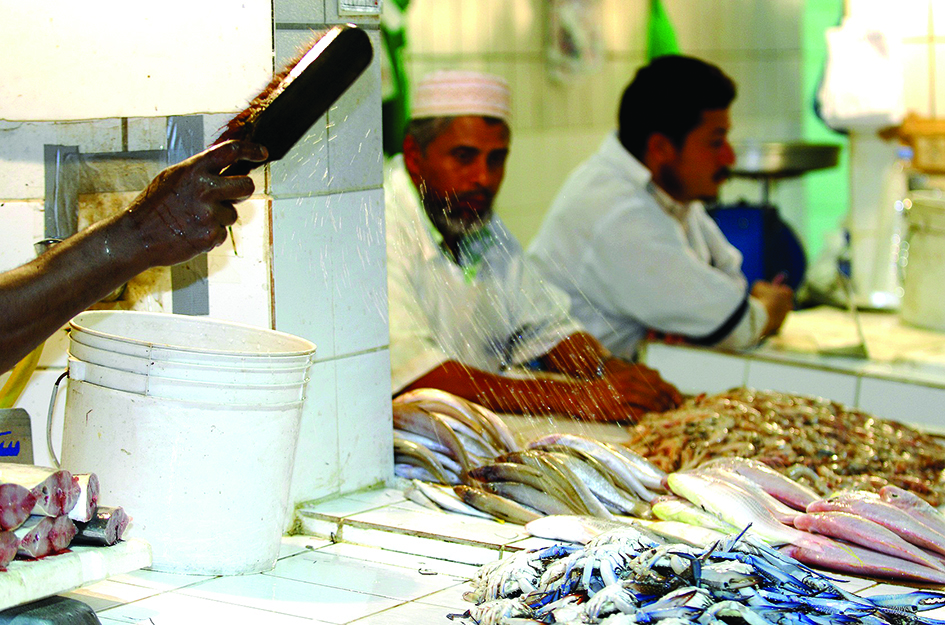KUWAIT: Locally made products, especially foodstuff, have proved much significance on the basis of their vital role during the coronavirus (COVID-19) pandemic and the ongoing Ukraine war in answering the needs of the local market and curbing inflation. Compared to many other countries, Kuwait has a low inflation rate based on the government’s subsidy policy mainly involving fuel that was the driver of hikes in many imported commodities worldwide.
In this context, the Kuwait Cabinet decided to set up an ad hoc food security committee last May with a view of setting out a congenial mechanism to stave off the fallout of looming global crises and disasters on the country’s food security. Speaking to KUNA on this matter, chairmen of several foodstuff federations reassured that they are able to boost their productive capabilities and ensure most of the local needs, particularly meat, dairy products, vegetables and fruits.
Chairman of the Kuwait Farmers Union Abdullah Al-Damak said the union is committed to promoting food security in the country, pointing out multiple challenges bugging Kuwaiti farmers such as surging production costs which was triggered by weather conditions. He reassured that Kuwaiti farmers are able to produce the majority of farm produce and ensure a large amount of the local market’s requirements - a thing which they managed to do in response to the COVID-19 pandemic.
However, Al-Damak called on the Kuwaiti government to boost its subsidy to farmers, especially during these circumstances, speaking highly of the recently created food security panel, which he said, would help wipe out all obstacles and hurdles impeding the development of local produce, and draw upon high tech in cementing food security.
Chairman of the Kuwaiti Fishermen Union Thaher Al-Suwayan said the union works with everyone in the country, including the new governmental panel, in order to boost local products which is the key to stable prices. Al-Suwayan urged the government to raise its subsidy to local fishermen amid hiking costs and heavy losses they are facing owing to high fishing equipment prices and periodical maintenance costs.
Chairman of the Federation of Fresh Dairy Producers Abdulhakeem Al-Ahmad said Kuwait’s daily dairy consumption hits around 1,200 tons, while local farms only produce 200 tons - making roughly 18 percent of consumption. He emphasized that Kuwaiti farm owners are working side by side with different bodies nationwide in order to ensure food security, given that the current global food crisis could last longer. Al-Ahmad revealed that the federation has 50 affiliated farms, including 44 dairy ones that abounds with a total 9,505 milking cows. - KUNA










